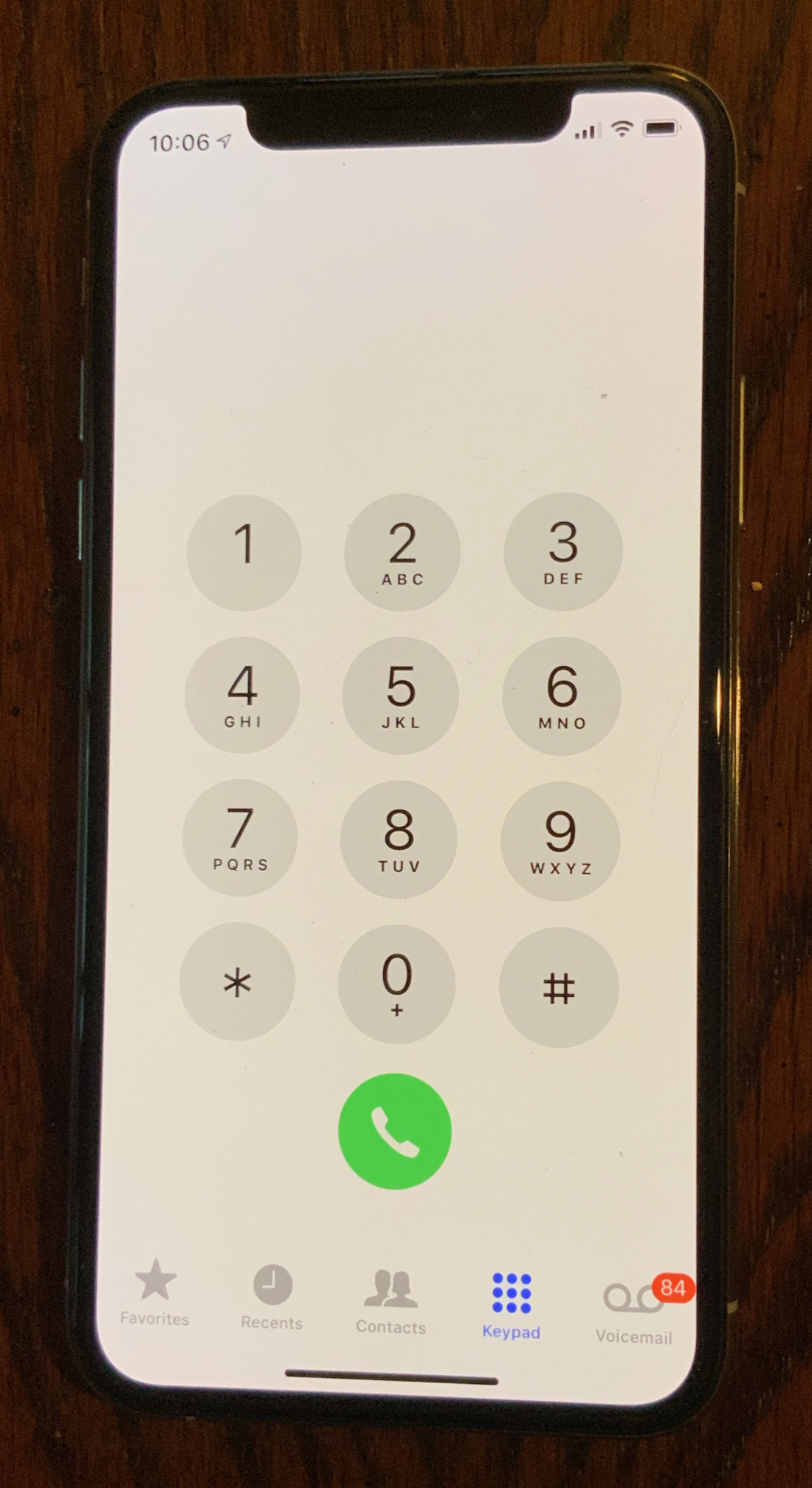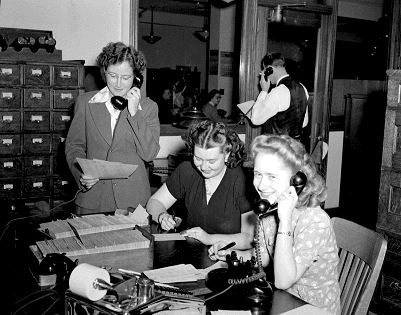California Court of Appeal rewrites the law.
What is "reporting for work" that triggers a retail employer's reporting pay obligations?

According to the California Court of Appeal, a simple phone call will do the trick.
The court's recent decision in Ward v. Tilly’s, Inc., fundamentally rewrites longstanding rules regarding reporting time pay, and departs from decades of established precedent and clear legislative history.
Employees of the Tilly's retail stores were frequently scheduled for "on-call" shifts. They were required to call in two hours before the beginning of the on-call shift and would be told at that time whether it was necessary for them to come to work. Employees were not required to physically report to the worksite to find out whether they had to work.
Under Industrial Welfare Commission Wage Order 7, if an employee of a mercantile employer "reports for work" but does not have to work for at least half the scheduled shift, the employee must receive reporting time pay for two to four hours. If the employee "reports for work" for a second shift in the same day and is given less than two hours of work, the employer must pay the employee for two full hours.
Historically, "reporting for work" was interpreted to mean physically showing up at the worksite. Generally, an employee was not entitled to compensation unless he or she was sufficiently subject to the employer's control during the on-call period.
But in Ward, the court abandoned the "control" test and ruled 2-1 that even a mandatory call-in by phone triggered the reporting pay obligation.
Basis for the majority decision
After concluding that dictionary definitions of "report" were not conclusive, the court considered the history of Wage Order 7, and particularly the prevalence of telephones in the 1940s, when the Wage Order was drafted.

The court agreed with Tilly's that telephones were commonplace, although not universal, in the 1940s and that "reporting to work" in those days was understood as physical presence at the workplace.
However, the majority found that it had to also consider subsequent technological development and the current widespread availability and use of cell phones, which changed the nature of the employer-employee relationship. In the majority’s view, if the drafters of the Wage Order had foreseen the widespread use of cell phones, they would have treated "calling in" as “reporting for work."
Cell phones versus landlines aside, the majority decision seemed to be based primarily on its view of public policy -- in particular, the burdens that on-call scheduling creates for employees. For example, the majority said, on-call hours made it difficult for employees to take on second jobs, arrange for childcare, or engage in family or social activities.
The dissenting judge contended (among other things) that, although these may be legitimate concerns, it was inappropriate to make such a radical change in existing law retroactively (retroactively, at least, with respect to Tilly's). Instead, he argued, if such changes are warranted, they should be made prospectively, by statute or regulation.
It is important to note that the majority expressly limited its holding to the facts of the case -- that is, situations where an employee is denied the opportunity to work after "reporting for work." The court did not decide whether a reporting lead time of more than 2 hours qualifies as an “on-call shift.” As a result, it is not clear how courts will apply this ruling to different on-call reporting systems.
Implications for employers
Nonetheless, the Ward decision will have significant impact on all employers with on-call workers and "reporting" processes. Although Wage Order 7 applies only to the mercantile industry, most IWC wage orders have similar language addressing reporting time pay.
Employers with workers in California would be wise to immediately reevaluate (if not eliminate) their on-call policies. It is not clear whether the Ward decision will be applied retroactively to other employers. If it is, it could expose many employers to wage and hour litigation.
Image Credits: iPhone by Constangy, Brooks, Smith & Prophete, LLP. All others from flickr, Creative Commons license: 1940s workplace by Seattle Municipal Archives, mobile phone users in park by Steve Damron, wine drinkers by Kim Manley Ort.
California employment laws keep employers up at night, wondering what is coming next. There always seems to be something. From new statutes to new regulations to new court decisions, we will keep you up to date on developments in the areas of wage and hour, discrimination, leaves of absence, retaliation, class actions, PAGA, and arbitration. We’ll also provide you with practical information on how to update your policies and employment practices.


















